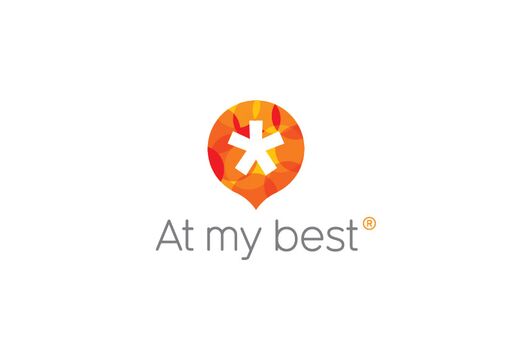Last week, here in the UK and across much of the rest of Europe, most of us were preoccupied with the challenges of dealing with snow and ice and bitterly cold Easterly winds. Other news may have slipped your attention – for example, you may well have missed the launch of a new campaign to tackle mental health in the workplace by the Duke and Duchess of Cambridge’s charity, Heads Together, working with Unilever, and mental health charity Mind.
It is not new, of course, that mental health charities and many other organisations, have concerned themselves with these aspects of well-being at work. Stress at work has long been covered by health and safety legislation in the UK, and for us, as occupational psychologists, it is a priority area to help our clients apply best practice and research to support mental health at both an organisational and individual level. But perhaps what is new, is the increasing recognition and openness from high profile spokespeople such as the Duke and Duchess of Cambridge, and Prince Harry, that this is an issue that affects us all, regardless of our social class or position at work or elsewhere. Whatever your views of the Royal Family, the press take notice when they start such conversations, and that can help us give ourselves and each other permission to do the same.
The campaign follows on from the work that Heads Together has already been doing to start conversations around mental health for people of all ages, backgrounds and circumstances. Last year, the frankness with which Princes William and Harry publicly talked about the impact of their mother’s death on their own mental health was unprecedented in Royal history and protocol. Since then, increasing numbers of well-known people in the media, arts, sport, churches and other organisations have spoken out about their own mental health challenges. Some of this has been triggered by the uncovering of the appalling levels of abuse in so many powerful settings. But whatever the trigger, more and more people, in a whole variety of settings, are speaking about their emotional health in a way that hasn’t happened as publicly as it appears to be doing now. It takes courage – and can be life-changing for both speaker and listeners.
At the launch, Prince William said ‘what struck me from this discussion was how critical buy-in at senior level to this will be – both in ensuring priority is given to supporting positive mental health among the staff; but also in setting an example – particularly a leading example - that talking about mental health is to be encouraged.’ How refreshing it would be to have more Board Members and managers in organisations sharing some of their own vulnerabilities around mental health with their staff.
Heads Together carried out a survey that suggested only 2% of people feel able to talk to their HR department about mental health issues. As occupational psychologists (and as human beings) we know how important relationships at work are to our health and productivity. Heads Together has released on YouTube an interesting set of video conversations between a wide variety of people to start showing that it’s #oktosay in the first place, as well as featuring reflections on how important those first conversations subsequently turn out to be.
At Work Positive, we are well aware of the impact of good conversations about well-being in the workplace. They can literally make or break individuals’ experience of work, and are critical to how successful organisations are in the longer term. We also know how challenging it can be for people to begin or continue these conversations in a workplace setting. Individuals are understandably usually very reluctant to open up for fear of what the consequences might be, and managers can be equally reluctant to encourage their staff to talk for fear of opening a can of worms that they then feel ill-equipped to deal with. None of this is easy. But if we want to flourish, we need to be able to hold those conversations.
We know from our experience of working with a wide variety of organisations, that sometimes people need some support and guidance on how to hold good conversations, as well as understanding the role of good communication within wider strategies to support our own, and others’, well-being. We have developed our Out-of-the-box learning packages to address these needs and, if you would like to find out more, we’d be more than happy to hold a conversation with you about how and whether this could be useful for your organisation.
Let’s talk. Let’s make it #oktosay in your organisation.
Nik Shuliahin - photography by
